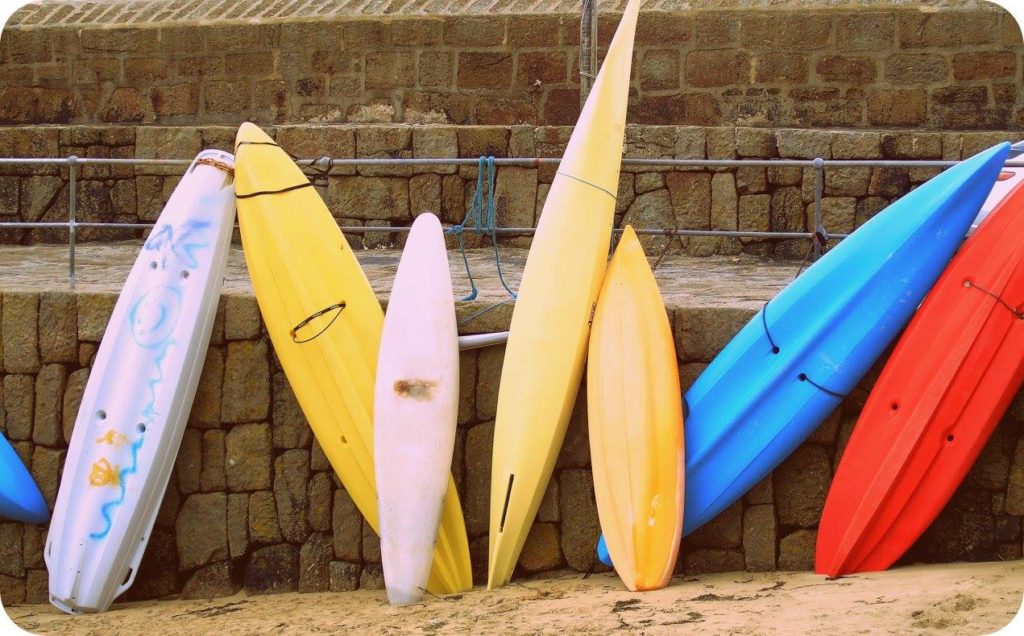These days, there are so many words or phrases that I’m sure didn’t exist back in the days of my African youth. Spending my formative years in dusty Bulawayo (Google it, it is actually a place), the language I heard was clear and immediately understandable. “Sundowners, darling?” was my mother’s cue to open the generously proportioned liquor cabinet and pour my dad a drink at dusk. There was no other meaning.
When I was a dust-caked child in said town, “Do you want a hiding?” was a question asked by either my mother or my father, depending on the severity of the misdemeanour. I knew exactly what that meant. My father asked this quite politely, whilst he started unbuckling his belt as he awaited my answer. My mother usually yelled this at the top of her end-of-tether lungs, with her cigarette holder in one hand and her stiletto shoe in the other, just in case the belt did not materialise. “No, thank you, I’d rather not, if it’s all the same to you” was my reply (in my head – in real life I’d run like the wind and hide behind the lucky bean tree in our garden, creeping back once the sundowners had mellowed them somewhat).
Nowadays, language is a minefield. Meaning can be hugely subjective. Offence is taken at the proverbial drop of the hat. People are careful to say how they feel in case someone gets the wrong end of the stick. Words are incredibly important but can work for us and against us.
This can create problems within the area of mental health. In my experience, many educators who belong to the younger generation declare with absolute conviction that they have ‘mental health issues’. They have ‘anger issues’, ‘have depression’ or their ‘mental health is suffering’. They are signed off work. They are not well. They are not coping with real life. Their sense of wellbeing is poor. This is very evident within the cohort of education apprentices where drop-out rates are significant. To be clear, this is not to say that mental health issues do not exist, it’s just that the language used does not differentiate between ‘normal’ emotions and those that are more serious.
Then there are others, educators who are crawling out of a deep pit of grief, or are sorely affected by harsh home life situations or are indeed clinically depressed. Or they are just plain exhausted. The stresses of life have sucked them dry and they wither away internally. Sometimes they simply do not have any words. Their bodies pay the price. They are not well.
So what then is ‘wellbeing’? What does this word actually mean? Tchiki Davis, a wellbeing expert, says; “Wellbeing is the experience of health, happiness and prosperity. It includes having good mental health, high life satisfaction, a sense of meaning or purpose, and ability to manage stress.”
Wellbeing in the context of education is a major focus right now. Educators are struggling. The past two years of a pandemic has wrung out the energy and the passions of educators the world over. Two wellbeing reports that have recently been published expose the depth of the problem within the education sector in the UK – The TES Wellbeing Report 2022 UK and the Breaking Point report published by the Early Years Alliance in December 2021.
They make for bleak reading.
Yet, educators are a hardy breed. We have ridden the tidal viral wave of uncertainty and despite being unceremoniously dumped ashore by circumstances beyond our control, we get back on our boards and continue to surf the wild frothy seas of teaching. (I rather like this analogy – it’s clearly time for me to book a holiday.)
EnRich Coaching was set up for educators such as these; for those who have lost their surfboard, or who are being sucked under by the powerful backwash. It’s time for us to emerge from the depths into the shallows, confident in our calling and empowered by our strength.
And if you don’t have the wherewithal to even stand on your board, lie flat on your belly and body board through the barrel. You will still make it to shore.
Let’s pull up a patch of beach, get the Piña Colados out, recline on a deckchair and take a breath, before diving into the breakers once more

